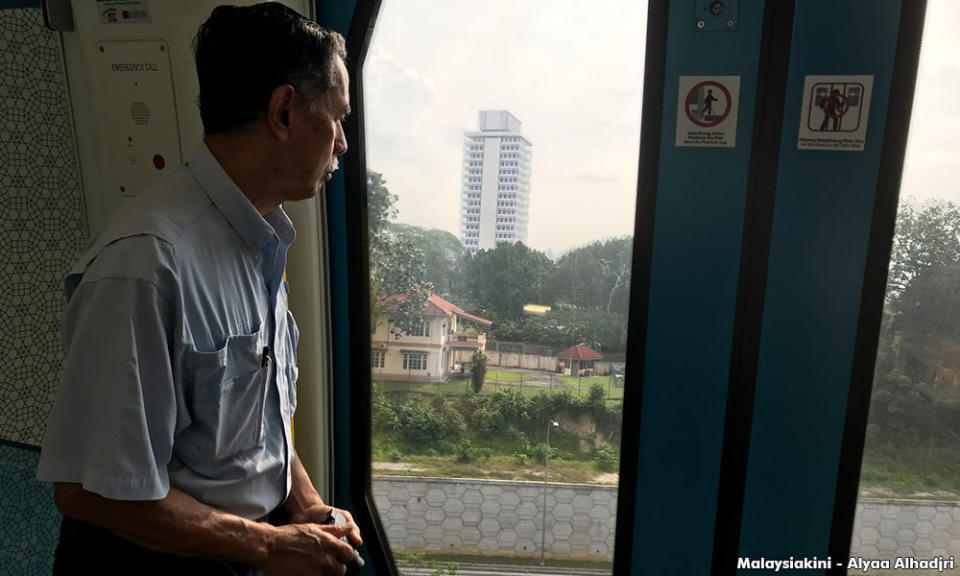Malaysia retirement system ranked third best in Asia

The Mercer CFA Institute Global Pension Index 2020 has ranked Malaysia's retirement system the third best in Asia and 19th overall with an overall index value of 60.1.
The index placed Malaysia alongside UK, Belgium, Hong Kong, the US and France in the Grade C+ band which has an index value of 60-65.
The index, which compares 39 retirement systems in the world, considers a C+ grade to be a system that has some good features but also has major risks and/or shortcomings that should be addressed.
Without these improvements, its efficacy and/or long-term sustainability can be questioned, said Mercer.
It is also worth noting that the impact of Covid-19 is seen as a pressurising factor on retirement systems.
Good ratings for integrity and sustainability
Malaysia’s overall index value fell slightly from 60.6 in 2019 to 60.1 in 2020 due to several small movements in the sustainability sub-index.
Of the study’s three sub-indexes, Malaysia scored highest for integrity (78), followed by sustainability (58.6), and adequacy (50.1).
The global average sits at 71.3 for integrity, 50 for sustainability, and 60.8 for adequacy.
The country is ranked 13th for sustainability which measures the likelihood a system will be able to provide benefits into the future; 18th for integrity which considers factors such as regulation, governance, communication and operating costs; and 31st for adequacy which looks at benefits, system design, levels of savings, and homeownership, among others, to determine its ability to provide adequate retirement income.
The report said Malaysia’s retirement income system is based on the Employees Provident Fund (EPF) which covers all private-sector employees and non-pensionable public-sector employees.
Under the EPF, some benefits are available to be withdrawn at any time (under pre-defined circumstances, including education, home loans or severe ill health) with other benefits preserved for retirement.
Janet Li, Mercer’s Wealth Business Leader for Asia said: “It’s heartening to see that Malaysia continues to rank above the global average for integrity and sustainability.
"The overall index value for the Malaysian system could be improved by increasing the minimum level of support for the poorest aged individuals as well as raising the level of household saving and lowering the level of household debt," she added.
"As the region continues to see rapid shifts in demographics, with longer life expectancies and declining birth rates, retirement systems need to adapt or face growing pressure.
"Changes in the world of work, including the growth of the gig economy where Asia is a frontrunner, will also require more inclusive pensions," said Li.
Mercer suggested that countries could increase the minimum level of support for the poorest aged individuals as well as raising the retirement age as life expectancy continues to increase.
Globally, the Netherlands had the highest index value (82.6) and has retained its top position in the overall rankings, notwithstanding the significant pension reforms occurring in that country.
Pressure heightened by Covid-19 impact
The widespread economic impact of Covid-19 is heightening the financial pressures which retirees face, both now and in the future, the study found. Coupled with increasing life expectancies and the rising pressure on public resources to support the health and welfare of ageing populations, Covid-19 is exacerbating retirement insecurity, said the report.
The average sustainability score dropped by 1.2 in 2020 due to the negative economic growth experienced in most economies due to COVID-19.
David Knox, a senior partner at Mercer and lead author of the study, said: “The economic recession caused by the global health crisis has led to reduced pension contributions, lower investment returns and higher government debt in most countries.
"Inevitably, this will impact future pensions, meaning some people will have to work longer while others will have to settle for a lower standard of living in retirement.
“It is critical that governments reflect on the strengths and weaknesses of their systems to ensure better long-term outcomes for retirees," he said.
Even before Covid-19, many public and private pension systems around the world were under increasing pressure to maintain benefits.
The level of government debt has increased in many countries and this is seen as likely to restrict the ability of future governments to support their older populations, either through pensions or through the provision of other services such as health or aged care.


